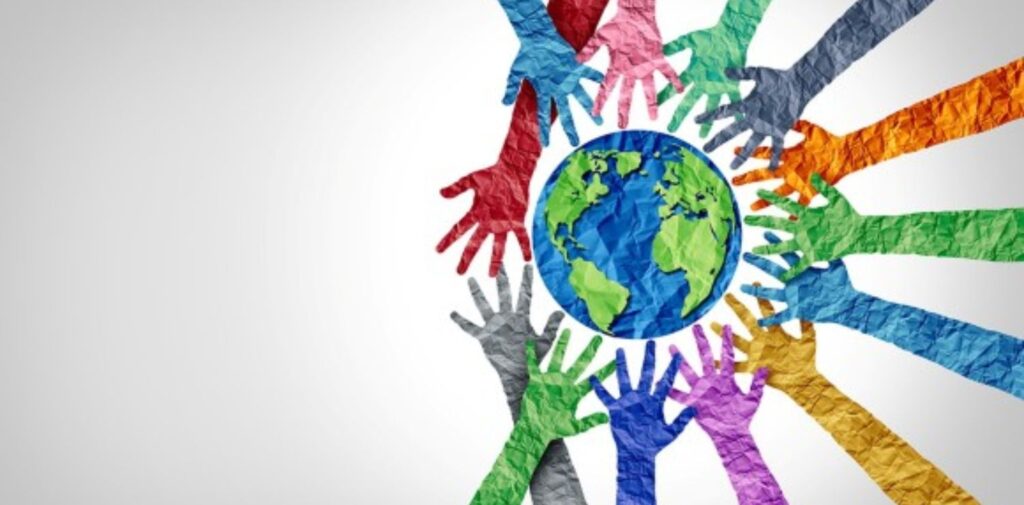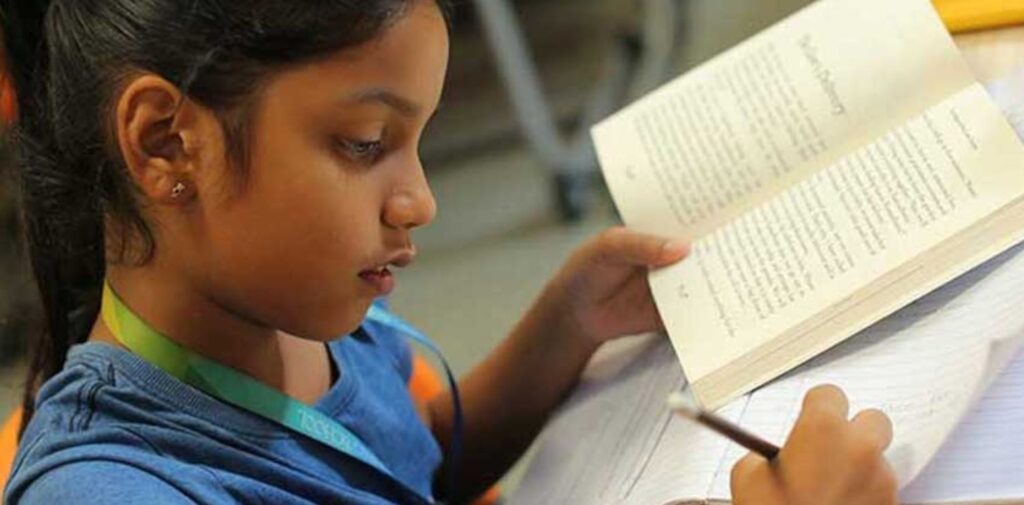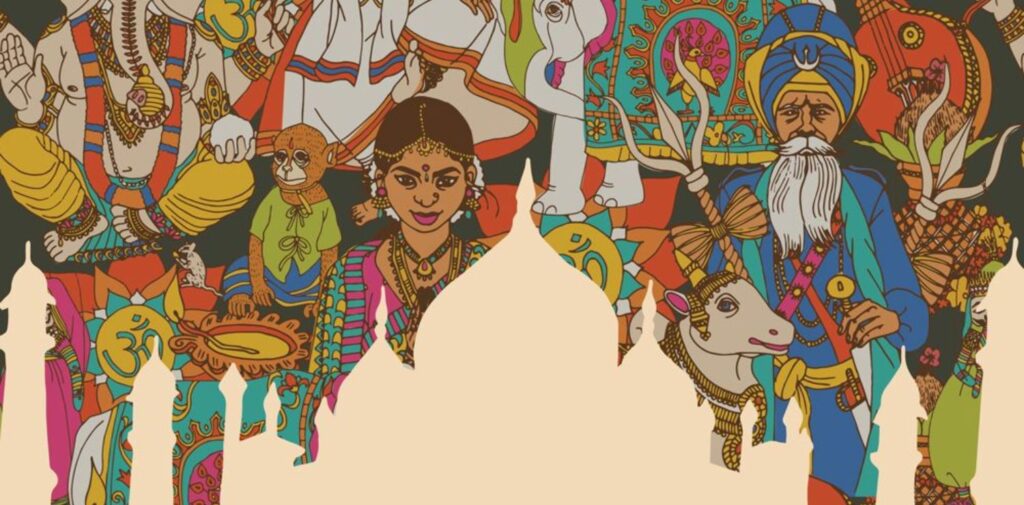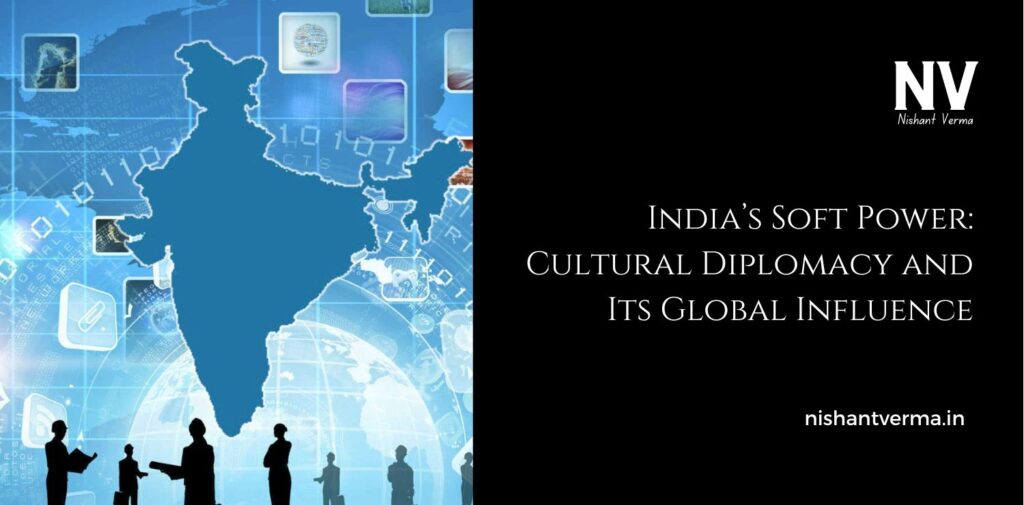India, a country known for its rich history, diverse culture, and vibrant traditions, has a unique ability to influence the world. This influence doesn’t come from military power or economic strength but through what is known as “soft power.” Soft power is a way of spreading influence through cultural, social, and moral appeal, rather than through force. India’s soft power is deeply rooted in its culture, and it plays a big role in how the world views the country.
In this article, we will explore India’s soft power, especially how cultural diplomacy has helped the country build relationships with people around the world and influence them in positive ways.
What is Soft Power?
Before diving into India’s soft power, let’s first understand what “soft power” means. Soft power is the ability to influence others through attraction rather than force or coercion. Think about it like this: when you like something, you naturally want to share it with others. This could be a movie you love, a book you’ve read, or even a game you enjoy playing. This sharing of ideas, values, and culture is what soft power is all about.
For countries, soft power can be used through their culture, language, values, education, and even through how they treat others in the world. India has used its soft power in many ways, especially through cultural diplomacy, to build stronger ties with other countries.

The Power of Indian Culture
- India’s culture is one of the oldest and most diverse in the world. From its art, music, dance, food, and festivals, to its traditions and languages, Indian culture offers something unique and fascinating. For centuries, India’s cultural influence has spread across Asia and the world. Let’s look at a few of the ways India’s culture plays a huge role in its soft power.
- Bollywood: India’s Global Film Industry: One of the most famous exports of Indian culture is Bollywood, the Hindi-language film industry based in Mumbai. Bollywood movies are enjoyed by millions of people worldwide. These movies are not just about entertainment; they also carry important messages of love, family, values, and hope. The colorful songs and dances are loved by people of all ages. Bollywood has made a huge impact on countries like the United States, the United Kingdom, Africa, and even Latin America. Bollywood stars like Shah Rukh Khan, Priyanka Chopra, and Aamir Khan have fans around the world. By watching Bollywood films, people from different countries learn about India’s culture, traditions, and values. This helps create a connection between India and people everywhere, even if they have never been to India.
- Indian Music and Dance: India’s music and dance are also an important part of its cultural diplomacy. Classical music like Hindustani and Carnatic, as well as folk music from different regions, have gained popularity all over the world. Indian dance forms such as Bharatanatyam, Kathak, and Odissi have captivated audiences in countries like the United States, the UK, and Australia. These art forms not only entertain people but also teach them about Indian history, philosophy, and values. Moreover, India’s modern music scene, with genres like Bollywood music, Indian rock bands, and electronic music, has also found fans across the globe. These musical exchanges bring people from different countries together through the universal language of music.
- Indian Festivals: India is known for its colorful and lively festivals. Diwali, Holi, Eid, and many others are celebrated with much joy and enthusiasm across the world. In many countries, Indian communities share their festivals with people from different cultures, helping others understand and appreciate Indian traditions. For example, Diwali is now celebrated in many parts of the world, and it’s a great way for people to experience India’s rich cultural heritage.
- Yoga and Meditation: India is the birthplace of yoga and meditation, practices that have become popular worldwide. Yoga is not just about physical exercise; it is about finding peace and balance in life. Millions of people across the world practice yoga today, and many of them have been introduced to it through Indian teachers and centers. Yoga helps people relax, stay healthy, and connect with themselves. Through yoga, India has introduced the world to a unique way of life that focuses on mental and physical well-being. Meditation, another gift from India, has also become widely practiced in many countries for reducing stress and promoting mindfulness.

Indian Language and Education
India’s languages also play an important role in its soft power. Hindi, which is one of the main languages spoken in India, is spoken by millions of people across the world. But it’s not just Hindi—India has 22 official languages and hundreds of dialects. This linguistic diversity reflects the richness of Indian culture.
The Indian government has also set up programs to teach Indian languages to people in other countries. For example, the Indian Council for Cultural Relations (ICCR) promotes the study of Indian languages like Hindi, Sanskrit, and Tamil through cultural centers and universities around the world. People who learn these languages not only gain a deeper understanding of India’s culture but also build stronger ties with the country.
India is also known for its top universities and educational institutions, which attract students from all over the world. The Indian Institutes of Technology (IITs) and Indian Institutes of Management (IIMs) are famous for their high-quality education. Students who graduate from these institutions often go on to hold important jobs in companies and governments around the world, helping to create a positive image of India.
India’s Role in Global Diplomacy
India’s soft power is not just about cultural influence. The country also uses its values of peace, democracy, and respect for diversity in its international relations. India has long been a champion of non-violence, a principle inspired by Mahatma Gandhi, and this idea has influenced many countries. India’s foreign policy promotes peaceful solutions to conflicts and supports global cooperation on issues like climate change, poverty, and human rights.
Through organizations like the United Nations, India works to create a fairer and more peaceful world. The country also participates in global peacekeeping missions and provides humanitarian aid to countries in need. This reputation for peace and cooperation makes India a respected and influential country on the global stage.

Challenges to India’s Soft Power
While India’s soft power is strong, it does face some challenges. One of the main challenges is that India’s diversity can sometimes create confusion for people outside the country. With so many different cultures, religions, and languages, it can be hard for people to understand the full picture of India.
Another challenge is the spread of misinformation. Some people may have negative stereotypes about India, especially in the media, which can affect how others view the country. However, through cultural diplomacy, India is working to break down these stereotypes and show the world its true potential.
Conclusion
India’s soft power is a powerful tool for building relationships with other countries and influencing the world in a positive way. Through its culture, values, music, films, food, and education, India has created strong connections with people around the world. By sharing its traditions and ideas, India has shown that power doesn’t always come from military force, but from the ability to inspire and connect with others.
As the world continues to grow more interconnected, India’s soft power will only become more important. By continuing to promote its culture and values, India can strengthen its position as a global leader and help create a more peaceful and understanding world.




